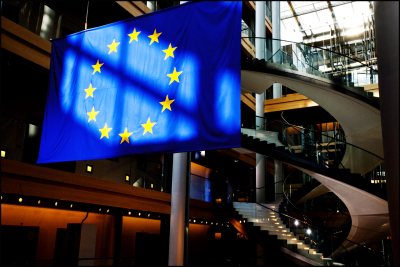An important step towards more transparent EU institutions was taken today, with the European Court of Justice’s ruling that access to documents relating to ongoing trilogues must be given by the EU institutions.
In 2015, the former head of the secretariat of the European Parliament’s Committee on Civil Liberties, Justice and Home Affairs, brought an action before the Court against the decision of the European Parliament to refuse full access to documents relating to trilogue discussions. The trilogue is an informal meeting between representatives of the three main EU institutions, with the view of reaching an early agreement on legislation. As they are not officially part of the law-making process, the EU institutions have, until today, exempted them from the normal transparency provisions. Although trilogues are not officially part of the legislative process, its use has increased exponentially in the last years, with more than 1,500 trilogue meetings taking place in the last legislative term alone. Today, almost all legislative proposals go through this non-official method.
Already in its 2014 European Union Integrity System, Transparency International EU identified trilogues, as one of the biggest transparency blind spots of the European Union. The fact that discussions occur behind closed doors, entail that the work of the Council below the ministerial level, and of Commission expert and member state committees remain difficult or impossible to trace despite their direct and often definitive influence on legislation. Having similar concerns, the European Ombudsman launched in 2015 an inquiry on the disclosure policies of the three EU institutions in the trilogue meetings. In its conclusions, the European Ombudsman emphasised the importance of open and accountable institutions, and called for a more transparent trilogue process. More recently, in a position paper on Opening up closed doors: Making Europe more Transparent for its citizens, a majority of National Parliaments argued that currently the EU does not live up to its democratic standard and that there needs to be more transparency in the EU legislative process.
This ruling by the highest court of the European Union, once again confirms what Transparency International EU, as well as many other organisations and institutions, have clearly stated for many years: if the EU is to live up to values of transparency and openness enshrined in the treaties, decision-making inside the Council and inside trilogue negotiations is of urgent need of reforms.






